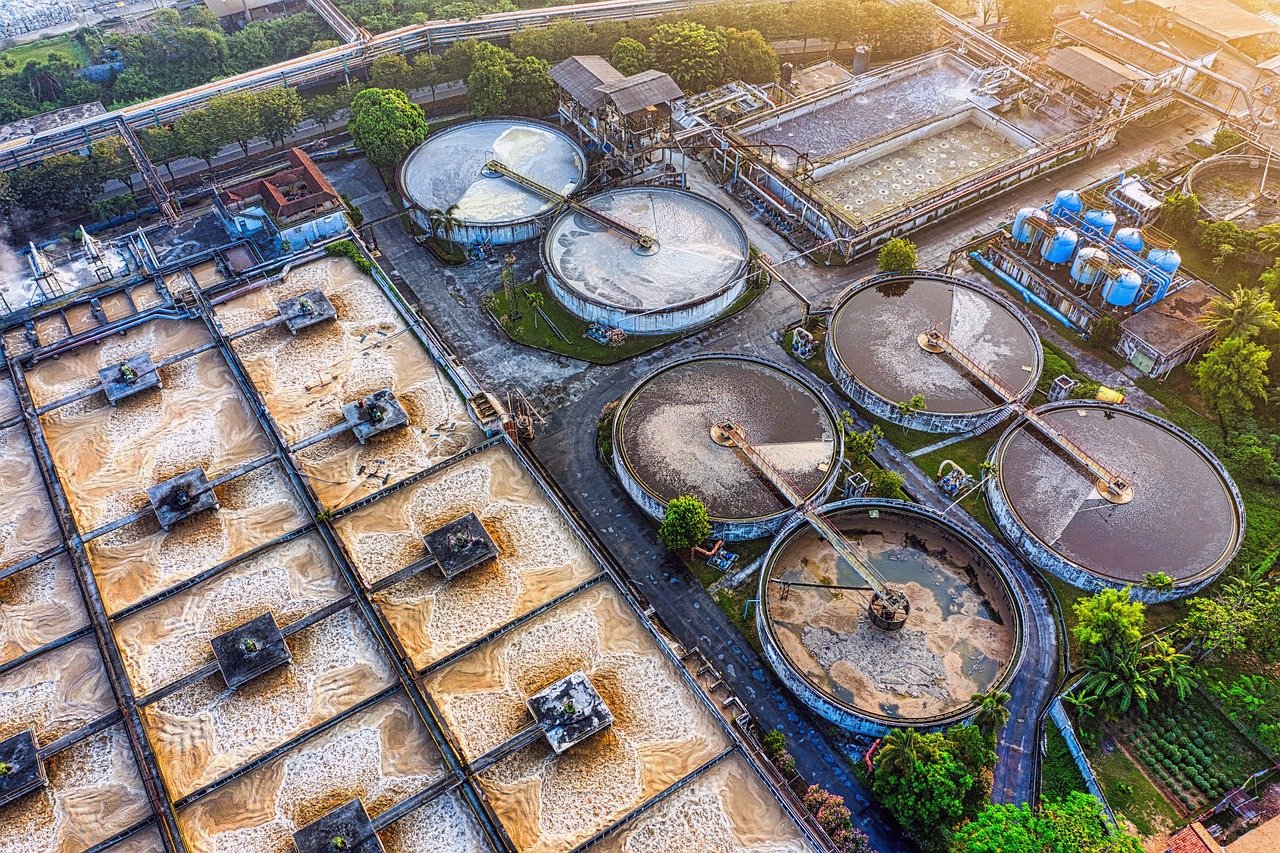Desalination Plants In UAE 🇦🇪
The United Arab Emirates is small country that is located in the Arabian Gulf.. It is also one of the most technologically advanced countries on the planet. Emirates one of the top oil exporters worldwide has placed great emphasis on renewable energies. This is vital to their continued economic and energy security. Desalination is a major source of renewable energy in the Emirates. Desalination plants can convert salty water into potable water. This water can then be used to make drinking water and for agricultural purposes 1️⃣ 💦 ️ 🔛 🔝 !

The UAE boasts some of the world’s largest desalination plants which have made it one of the leading suppliers of fresh water. The first major desalination plants were constructed in the late 1950s by British engineering companies such as John Brown Ltd who provided both equipment and consultancy services for their construction. Since then, more desalination plants have been constructed throughout the UAE until it now ranks second worldwide after Saudi Arabia for capacity 🇸🇦 🇦🇪.
Thermal desalination involves evaporating salty water and then condensing it to obtain freshwater; as a result, thermal desalination plants are typically powered by natural gas, diesel, or steam. Reverse osmosis desalination plants, on the other hand, involve pressurizing salty water and pushing it through a membrane.
As the UAE’s demand for fresh water grows, desalination plants are becoming more important 💦. The Emirates had the third highest per capita water consumption in the world with an average daily consumption of 4,655 Liters. This is considerably more than the global average of 2,000 liters/person per day. Desalination plants have become an important source of water for the Emirates.
Desalination plants in the UAE are highly efficient, with some of the plants having an efficiency of up to 95% 🆙 🇦🇪. This is due to the use of modern technology, such as the application of advanced membrane technology, the use of renewable energy sources such as solar power, and the implementation of automated systems to optimize the processing operations. Additionally, the plants are subject to stringent environmental regulations in order to ensure that the process is safe and efficient.

The Emirates is now the worlds second-largest producer of desalinated water, producing over 1. 3 million cubic meters of fresh water per day 💦. This is expected to increase to 1. 6 million cubic meters by the year 2020 . In addition, the UAE is now the worlds leading exporter of desalinated water, supplying fresh water to other countries in the region. This is an important achievement for the UAE, as it demonstrates their commitment to providing fresh water to other countries in the region, as well as providing a reliable source of freshwater for their own people.
As a result desalination plants are an important resource for the UAE which has already used them to lead the world in the production of renewable energy and is now well on its way to becoming one of the world’s top producers of desalinated water 1️⃣ ️ 🔛 💦 🌐 🔝 🇦🇪. As the demand for freshwater rises the UAE’s desalination plants will continue to be crucial in ensuring the country’s energy security . ! .
Summary
Desalination usually requires a great deal of strength so thermal desalination crops are frequently powered by pure gasoline diesel or steam whereas reverse osmosis desalination crops pressurize salty water push it by the use of a membrane after which assemble the clear water.. Since then additional desalination crops have been in-developed the Emirates and the nation now has the second largest desalination ability on this planet after Saudi Arabia 💦 ️ 🔛 🇸🇦 !!
🔝 🔛 1️⃣ 🆙 🇸🇦 💦 ️ 🇦🇪
Last update on 2025-12-01 at 22:47 UTC+0 / Affiliate links / Images from Amazon Product Advertising API



